2025 ACM Awards
We’re beyond thrilled to celebrate our incredible MAX artist partners who’ve secured nominations for the 2025 Academy of Country Music Awards—our...
4 min read
Rosemary Waldrip
:
November 18, 2020

A while back, we looked at why music helps brands strike a chord with fans. With all of the changes in our lifestyles and habits, we decided to revisit this idea. We found that especially during a pandemic, music has the power to help us define our core selves and to connect with other people.
The music we love doesn’t just represent our personal preferences, it defines who we are. It is one of the most powerful ways we communicate and is strongly related to personal identity. While the COVID-19 pandemic has changed the ways that people consume music, it has not changed the intimate connections people feel with music. As people look to music as a means of comfort and relaxation, listeners are turning to tunes that produce feelings of nostalgia, digging into the back-catalogues of their favorite artists.
Brands that understand the connections to the music that defines who we are at our core will better engage target audiences, developing deeper, more authentic relationships with them.
When we hear that someone is a member of a particular music fandom, we make assumptions about who they are as a person, what beliefs they subscribe to, the political affiliations they have, and the ethical code that informs them. When you hear that someone followed Phish one summer, who do you picture? What about someone who has seen BTS in concert more than 20 times? Or someone who tunes in every Sunday for the new Tobe Nwigwe Pandemic Project video drops?
While we can easily picture a stereotypical fan for each of the artists mentioned above, our individual musical tastes (and our personalities) are much more complicated. Most of us don’t listen to just one artist, and there is usually a multitude of genres and styles that make up our personal playlists. When we start adding circles to the Venn diagram of our musical tastes, with each circle representing a specific artist’s fandom, the section we occupy gets smaller and smaller, and the definition of who we are becomes more precise.
While our musical preferences help us to define ourselves as individuals, they also influence how we relate to other people. According to this study, children as young as four and five years old prefer companions who like the same type of music as they do. This affinity for those who share our musical tastes grows stronger as we enter adulthood. Just as we made inferences about a person’s identity based on their musical preferences, we make assumptions about whether we can relate to that individual on a personal level based on whether we share any of those musical preferences.
In collaboration with i360, Music Audience Exchange (MAX) conducted a personal identity study that asked participants, “For each of the following things you could have in common with someone, how strongly would this suggest they are ‘like you,’ versus being essentially meaningless?” Shared taste in music was the number one factor that we use to identify people who are like us — ahead of politics, religion, and favorite sports teams. The strength of this correlation shows that music has the power to connect people across cultures.
The ability of music to connect us stems from its power to impact us on a deep, personal, emotional, and, perhaps, spiritual level. When someone shares the love of a song or an artist, it sends a signal that we understand one another, that we are like one another. Music becomes a universal language; a shared experience that connects us at the root of who we are. These bonds help us to see other people as kindred spirits and enable us to communicate more openly with people who, other than having shared musical preferences, may be very different from ourselves.
Live concerts usually provide a means for fans to connect and interact with one another, but during the pandemic, live events are virtually non-existent. Artists have still found ways to connect with fans, however, and many have even found ways to allow fans to still connect with each other virtually through livestream events. MAX recently partnered with Lecrae to create an interactive fan experience for his album release party, allowing fans to socialize, not only with Lecrae, but also with each other. Technology continues to create new ways for fans to come together across geographical distances.
Smartphones, streaming services, and continuously evolving technology allow us to engage with music anytime, anywhere. While the pandemic has changed a lot about when and how people listen to music (fewer people are consuming music during commutes), total audio consumption in 2020 increased by 9.4% when compared with the same time period in 2019. Millennials are the most likely to have increased their music consumption, with 58% reporting that they are likely to listen to more music during the pandemic.
Music is still a daily part of our lives, and evolving technology continues to change the way we consume and discover music. The pandemic has even pushed many slow-to-adopt consumers to utilize newer technologies, such as livestreaming video and smart speakers, as their traditional means of music consumption (physical albums, live events, etc.) are no longer available. In particular, country music streams have increased by 21.4% during the pandemic.
Music fans are also increasingly tuning into playlists for music discovery, a trend brought on by the streaming era. Music streaming services today, like Spotify or Pandora, give listeners the opportunity to find new artists through stations developed by taste-predicting algorithms and playlists curated by people. As our music libraries grow, so do the opportunities to connect with people on a more meaningful level.
So, what does all of this mean for brands? The fact is, music’s power to connect extends beyond bonding people together. Music can be tied to a moment in time; to a feeling; to a place; and, yes, to a brand. If a brand wants to send a signal to their target audience that they understand them and are like them, there is no better way than through the music that they love. In this series, we will examine the ways that music is helping brands connect with consumers, and how a deeper understanding of the power of music to unite can lead to stronger brand loyalty and more meaningful relationships with consumers.
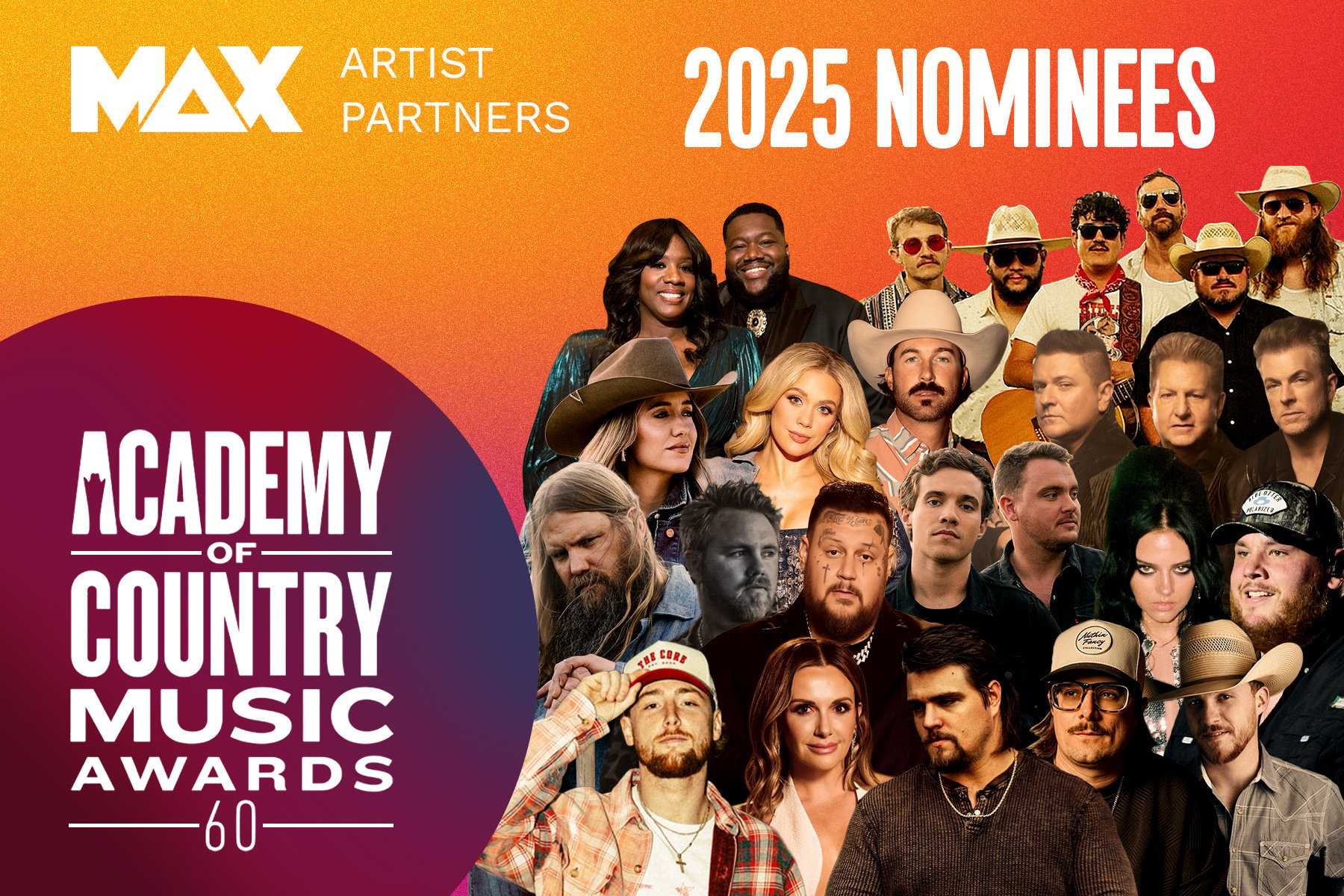
We’re beyond thrilled to celebrate our incredible MAX artist partners who’ve secured nominations for the 2025 Academy of Country Music Awards—our...
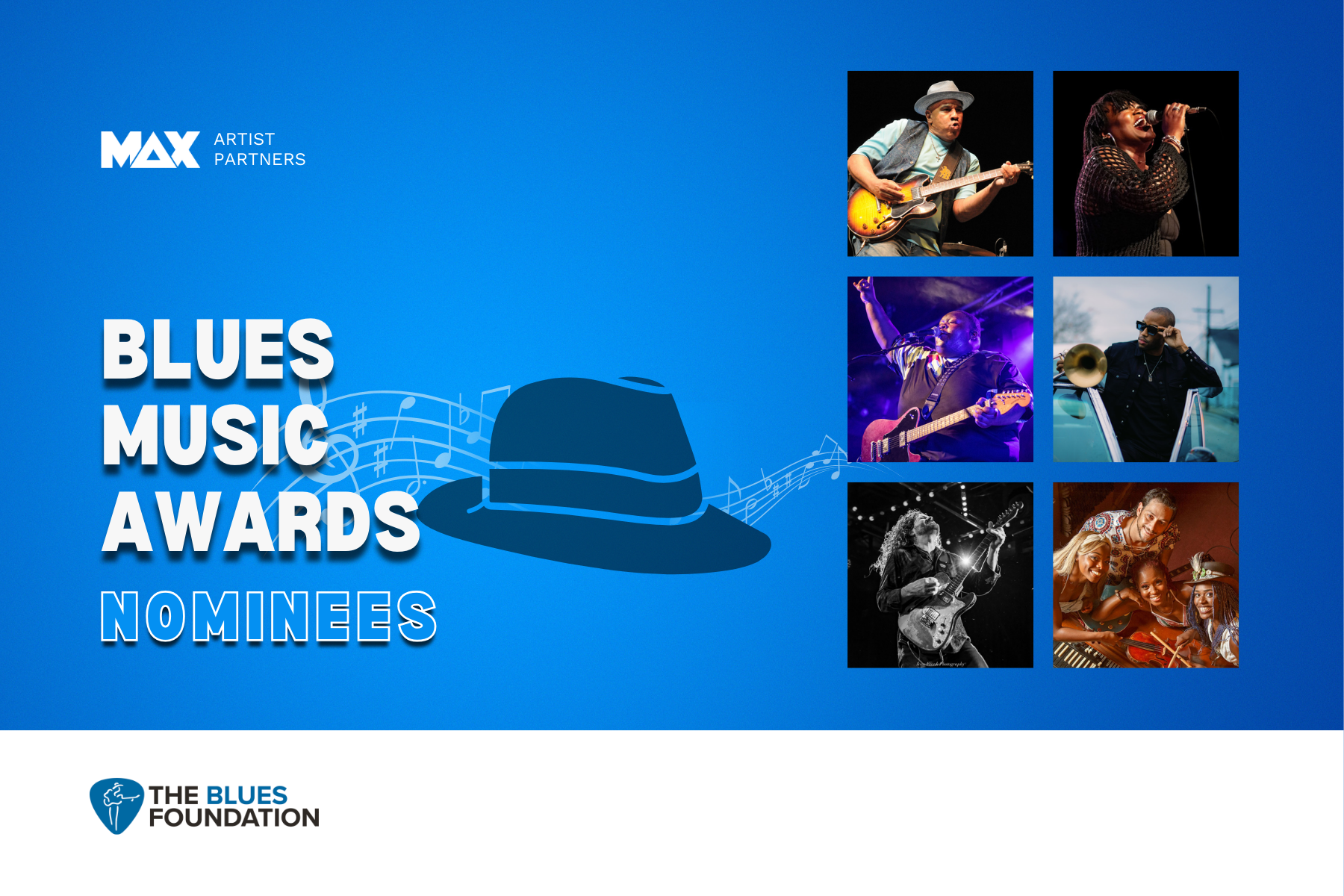
We’re fired up to celebrate our incredible artist partners who are nominated for the 2025 Blues Music Awards! 🎶🏆Blues music may be timeless, but...
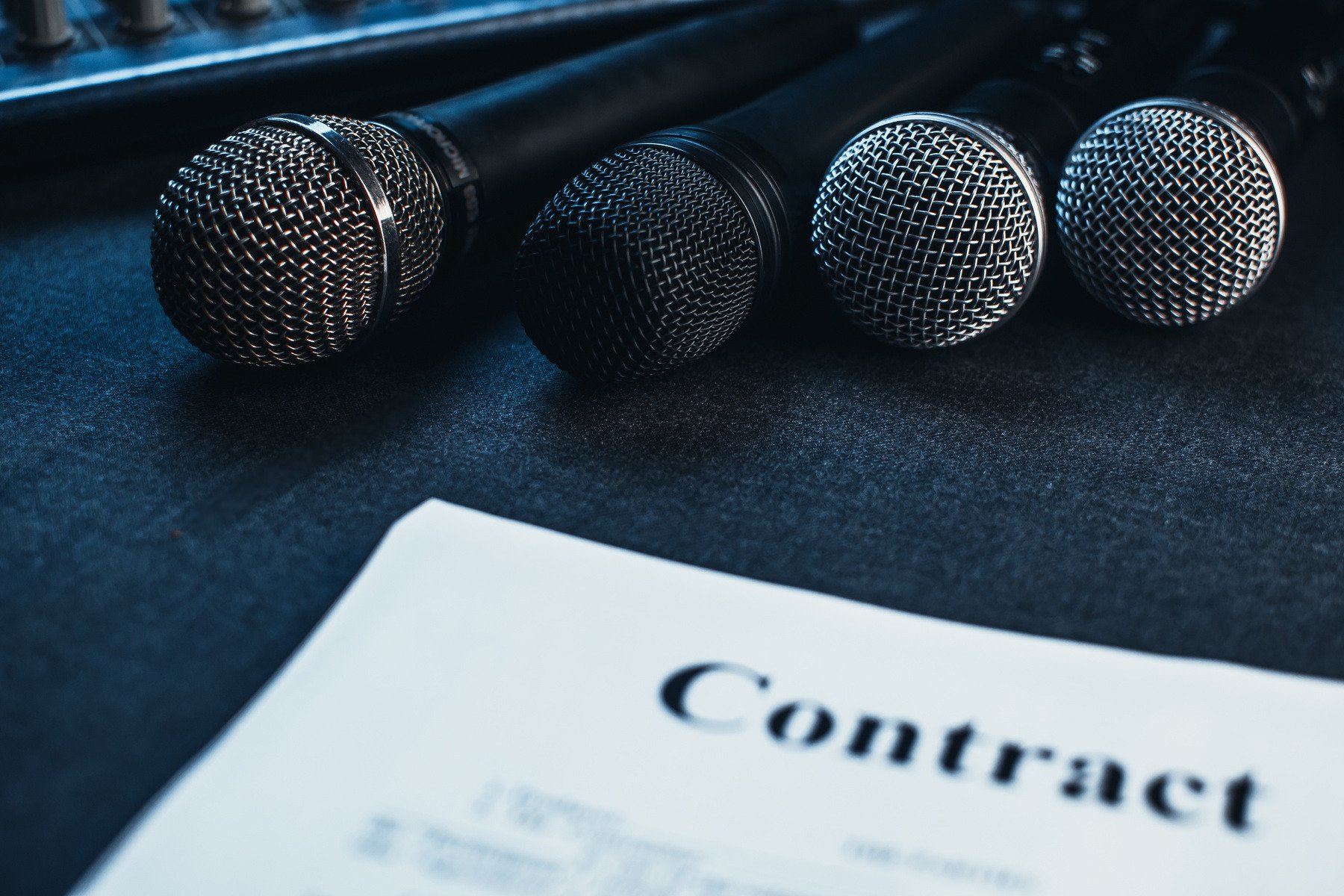
It’s a common question: what drives the cost of an artist partnership up (or down)? I mean, an artist’s fee can range from four to seven figures…and...
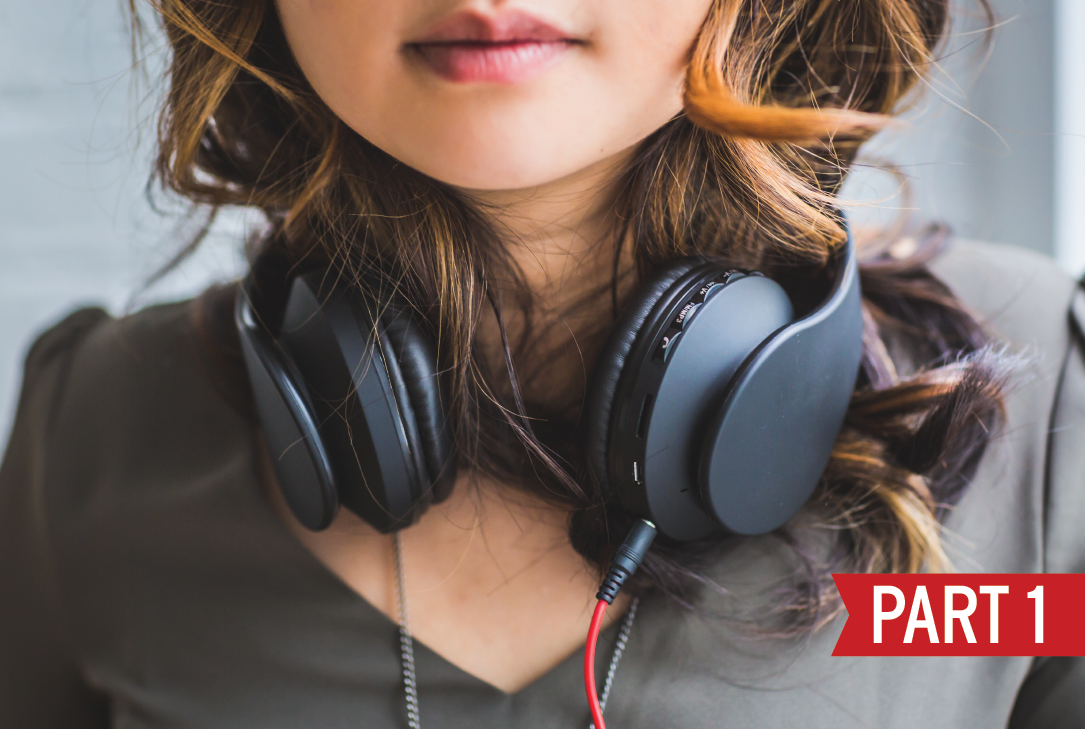
What if I could tell you the type of car someone is inclined to drive, if they drink soda or beer, if they enjoy being outdoors, or even what city...
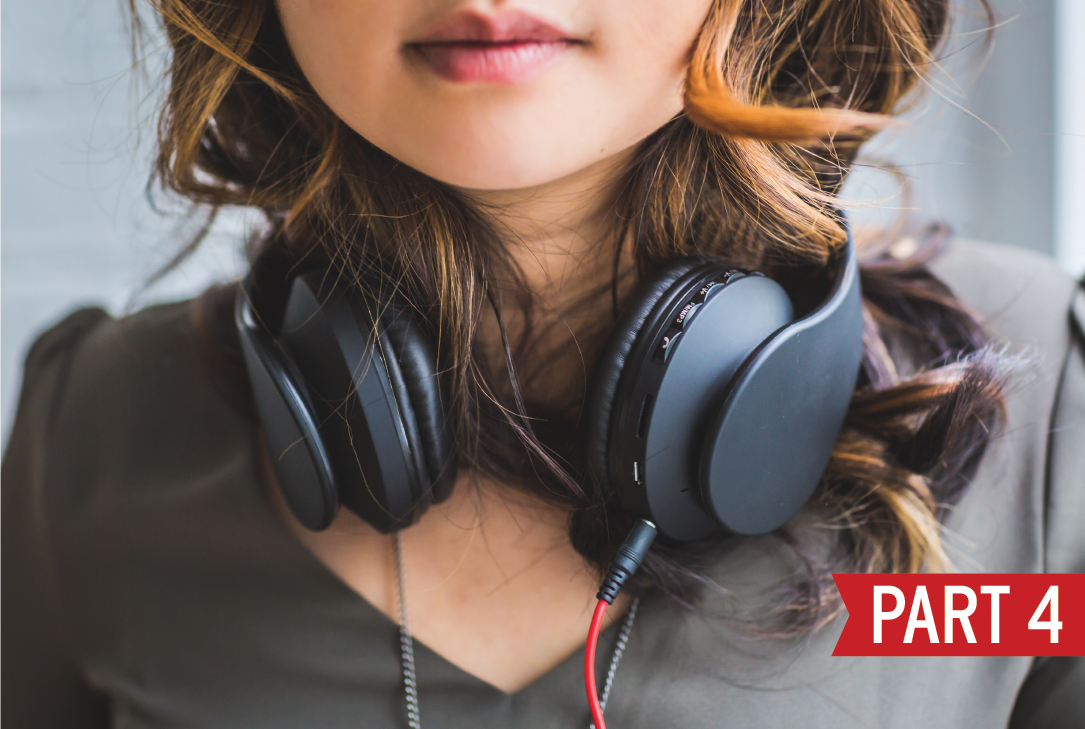
So far in this series, we have focused on the way music can define us as individuals, as well as the power music has to connect us across cultures. ...
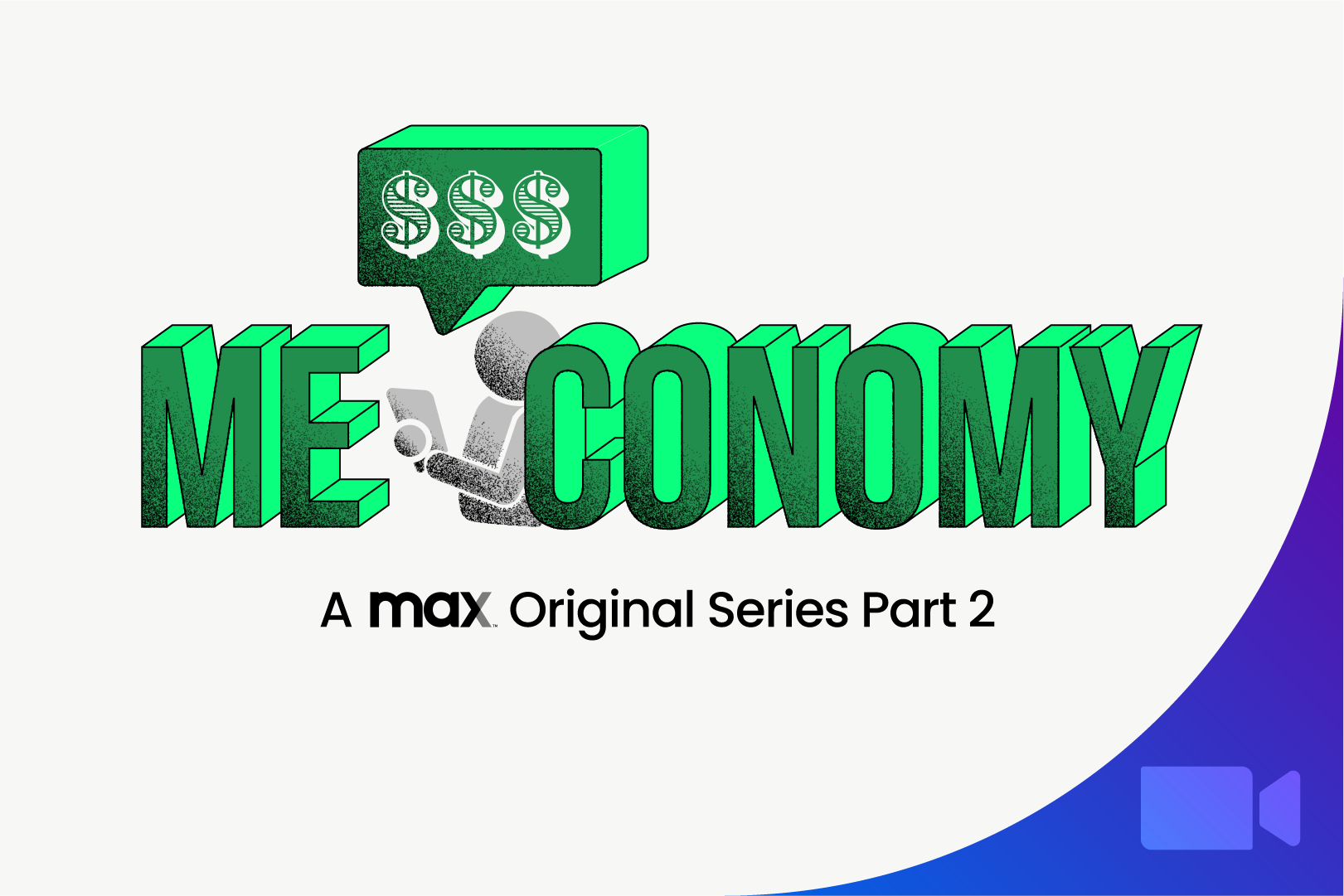
Before the pandemic, people were already migrating towards more personalized—and often virtual—experiences. It may feel like livestream concerts are...